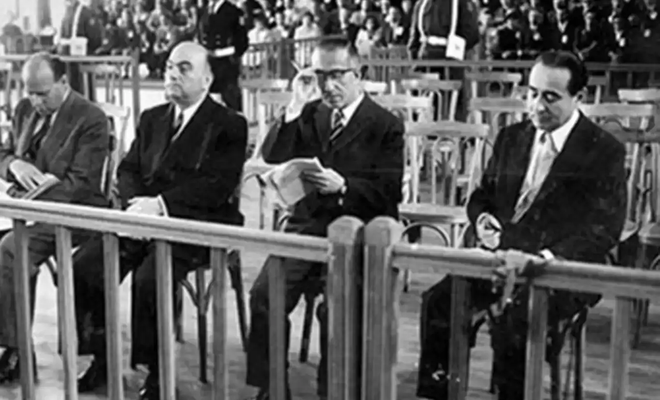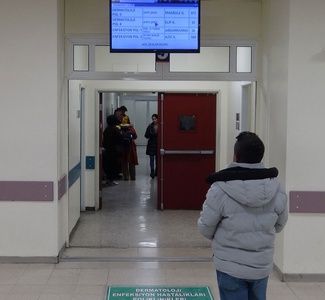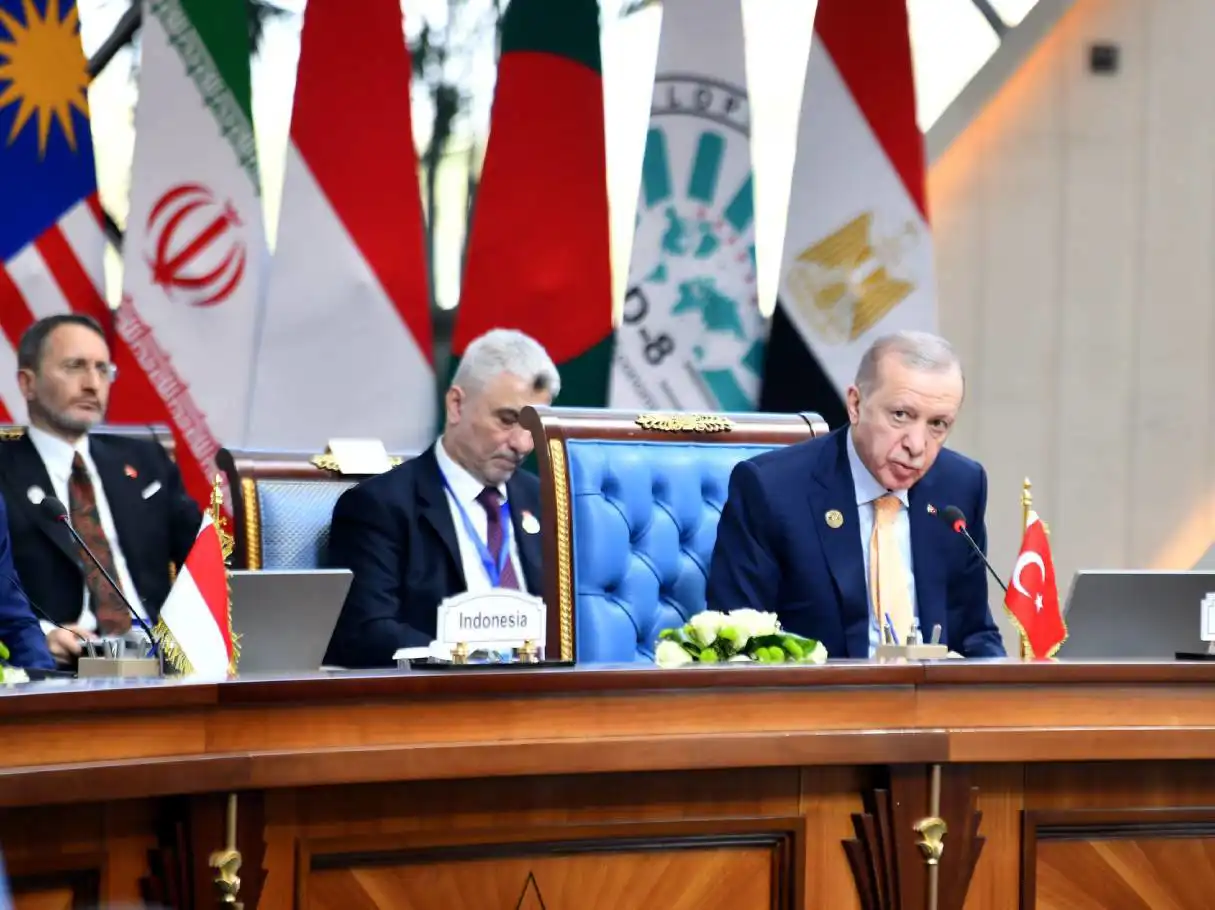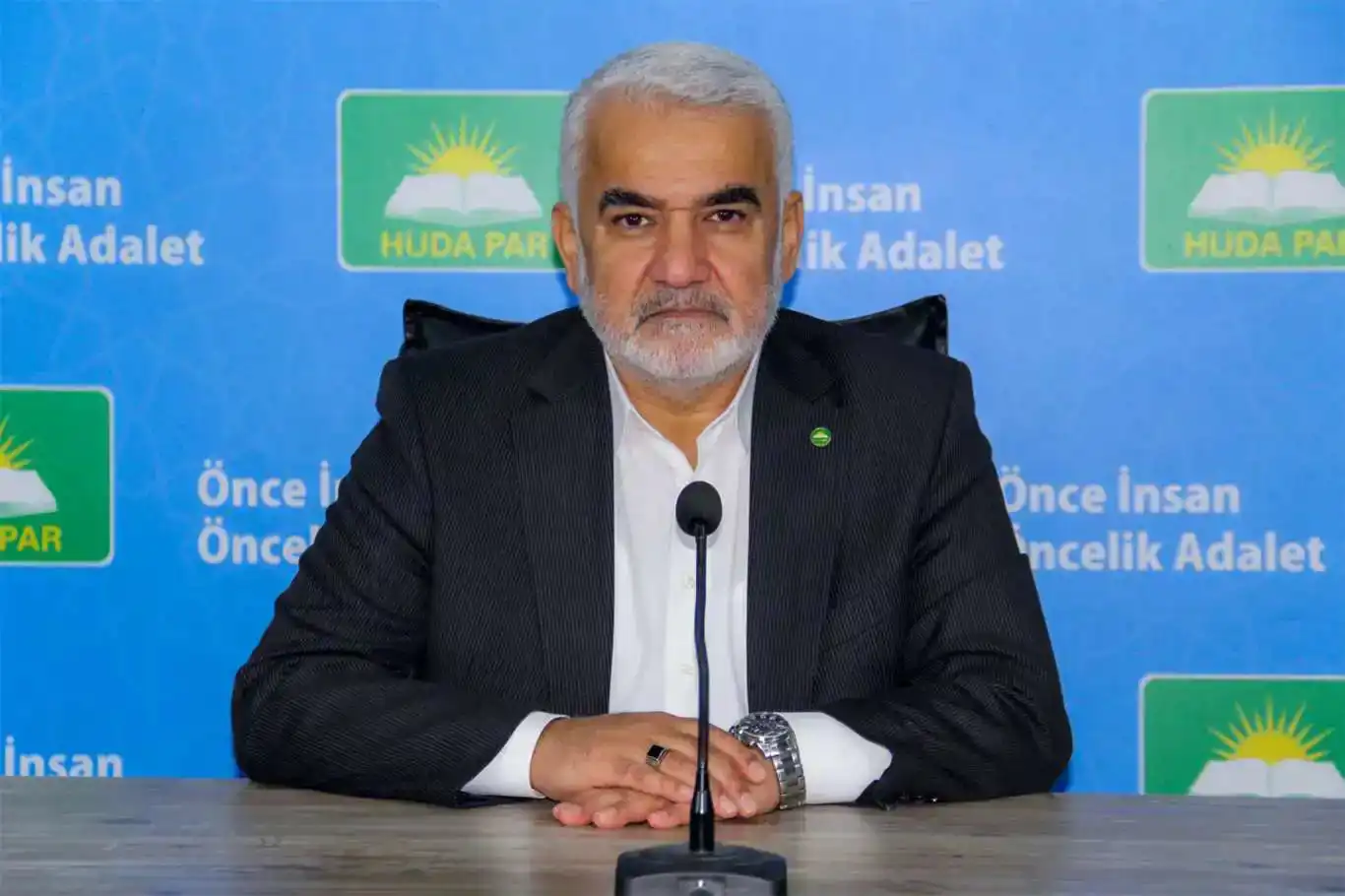Remembering Adnan Menderes: 63 years after his execution
Sixty-three years have passed since the tragic execution of Türkiye's first democratically-elected Prime Minister, Adnan Menderes, and his colleagues, Foreign Affairs Minister Fatin Rüştü Zorlu and Finance Minister Hasan Polatkan.

 Google News'te Doğruhaber'e abone olun.
Google News'te Doğruhaber'e abone olun. On September 17, 1961, following the military coup of May 27, 1960, these statesmen were hanged by the order of the military junta that had seized control of the country. Their deaths marked a dark chapter in Türkiye’s political history, where the will of the people was overturned by force.
Menderes, who served as Türkiye’s prime minister from 1950 until 1960, is remembered as a pivotal figure in Turkish politics. He was a founding member of the Democrat Party (DP) in 1946, which broke the monopoly of the ruling Republican People’s Party (CHP) by becoming the country’s fourth legal opposition party. Menderes’ tenure as prime minister began in 1950, after leading his party to a historic electoral victory. His government oversaw a decade of significant reforms, particularly in the realm of economic liberalization and fostering a closer relationship with the West.
However, despite his popularity, Menderes' rule faced increasing opposition from various quarters. Economic challenges, allegations of authoritarianism, and mounting tensions with the military and intellectual elite set the stage for political turmoil. On May 27, 1960, a military coup d'état ousted Menderes and his government, marking the end of Türkiye’s decade-long experiment with multiparty democracy.
Menderes, along with Foreign Minister Fatin Rüştü Zorlu and Finance Minister Hasan Polatkan, were tried by the military junta. The trials, held on Yassıada island, were widely criticized for their lack of fairness and transparency. The three men were charged with various offenses, including violating the constitution and embezzlement, but the proceedings were seen by many as politically motivated. On September 17, 1961, Menderes was hanged, following the executions of Zorlu and Polatkan.
Their executions marked a dark chapter in Turkish history, as Menderes became the last Turkish political leader to be executed following a military coup. The event sent shockwaves through the country, symbolizing the fragile state of Türkiye’s democracy at the time. The political vacuum left by the coup led to decades of military intervention in Turkish politics, influencing the nation’s governance for years to come.
In the years following the coup, the legacy of Menderes and his government was re-evaluated. On September 17, 1990, on the 29th anniversary of his execution, Menderes was posthumously pardoned by the Turkish Parliament, an acknowledgment of the injustice he and his colleagues suffered. Their graves were moved to a mausoleum in Istanbul, a site that now stands as a symbol of Türkiye’s long and painful journey toward democratic stability. Both Zorlu and Polatkan were similarly exonerated, with their reputations restored.
The legacy of Adnan Menderes extends beyond the injustice of his execution. He is remembered for his vision of a more prosperous and democratic Türkiye, one that sought to balance modernization with respect for traditional values. His tragic fate serves as a reminder of the dangers of political polarization and the fragility of democratic institutions.
As Türkiye commemorates Menderes and his companions, their story continues to resonate. Their legacy reminds us of the enduring struggle for democracy, justice, and the rule of law—values that remain as vital today as they were six decades ago. (ILKHA)



















































